Manera Metodista Unida – (Spanish)
$4.00
Traduccion y adaptacion de *The United Methodist Way.** A traves de este librillo se ofrece informacion general sobre la historia, las creencias, la organizacion, y la mision de la Iglesia Metodista Unida.
in stock within 3-5 days of online purchase
SKU (ISBN): 9780881777512
ISBN10: 088177751X
Language: Spanish
Branson Thurston
Binding: Trade Paper
Published: January 2016
Publisher: Upper Room Ministries
Print On Demand Product
Related products
-
Not A Chance (Revised)
$18.99Despite claiming unbelief in God or any higher power that may have designed or created the world and all that is in it, modern scientists often write and speak of chance as some kind of being or force that can actually cause things to happen. In one breath they push the evolution agenda and in the next they say that creatures were “designed” with specific traits. In this classic book, R. C. Sproul and Keith Mathison call the scientific world to employ logic and clarity in their discourse, to leave the word chance as an abstract concept to describe mathematical possibilities rather than an ontological being that can actually cause change. This expanded edition includes a new chapter dealing with the most recent attempts to defend irrational scientific statements. Two new appendices answer critics and review other literature on scientific discoveries that support belief in a Creator God.
Add to cart2 in stock
-
Doctrine Of God
$36.99A Guided Tour of One of the Greatest Theological Works of the Twentieth Century
Karl Barth’s ‘Church Dogmatics’ is considered by many to be the most important theological work of the twentieth century and for many people reading it, or at least understanding its contents and arguments, is a lifelong goal. Yet its enormous size, at over 12,000 pages (in English translations) and enough print volumes to fill an entire shelf, make reading it a daunting prospect for seasoned theologians and novices alike.
Karl Barth’s Church Dogmatics for Everyone, Volume 2–The Doctrine of God?helps bridge the gap for would-be Karl Barth readers from beginners to professionals by offering an introduction to Barth’s theology and thought like no other. User-friendly and creative, this guide helps readers get the gist, significance, and relevance of what Barth intended for the church… to restore the focus of theology and revitalize the practices of the church.
Each section contains insights for pastors, new theologians, professionals, and ordinary people including:
*Summaries of the section
*Contextual considerations
*And other visually informative features that reinforce the main points of the Barth’s thoughtIn addition, each volume features the voices of authors from different academic disciplines who contribute brief reflections on the value of?Church Dogmatics?for creative discovery in their disciplines. Volume 2 reflections include:
*Chris Tilling (biblical studies)
*David Guretzki (systematic theology)
*Earl Palmer (pastors)
*Wyatt Houtz (ordinary people)
*Andrew Howie (mental health)
*James Houston (spiritual formation)
*Ross Hastings (science)
*Jeremy Begbie (the arts)Whether you are just discovering Barth or want a fresh look at his magnum opus, this series invites you to an enjoyable and insightful journey into the?Church Dogmatics.
Add to cart1 in stock
-
40 Questions About Arminianism
$27.99The actual life and teaching of Jacobus Arminius are often unknown or misunderstood across many Protestant traditions. Answers beyond a basic caricature can be elusive. What are the essential historical backgrounds of Arminianism, and what theological teachings connect to the Arminian point of view? Mixing solid historical research with biblical and doctrinal precision, Baptist scholar J. Matthew Pinson clarifies the foundations of this influential tradition.
40 Questions About Arminianism addresses the following questions and more:
*Who was Jacobus Arminius?
*How has the church interpreted God’s desire that everyone be saved?
*How is Arminianism different from Calvinism?
*Can one be both Reformed and Arminian?
*What is “universal enabling grace”?
*What do Arminians mean by “free will”?
*Do Arminians believe that God predestines individuals to salvation?
*Is it possible for a Christian to apostatize?An accessible question-and-answer format helps readers pursue the issues that interest them most and encourages a broad understanding of historic and contemporary Arminianism, with additional resources available at 40questions.net.
Add to cart1 in stock
-
Misreading Scripture With Western Eyes
$18.00Introduction: Coming To Terms With Our Cultural Blinders
Part One: Above The Surface
1. Serving Two Masters: Mores
2. The Bible In Color: Race And Ethnicity
3. Just Words? LanguagePart Two: Just Below The Surface
4. Captain Of My Soul: Individualism And Collectivism
5. Have You No Shame? Honor/Shame And Right/Wrong
6. Sand Through The Hourglass: TimePart Three: Deep Below The Surface
7. First Things First: Rules And Relationships
8. Getting Right Wrong: Virtue And Vice
9. Its All About Me: Finding The Center Of Gods WillConclusion: Three Easy Steps For Removing Our Cultural Blinders?
Acknowledgments
Resources For Further Exploration
NotesAdditional Info
What was clear to the original readers of Scripture is not always clear to us. Because of the cultural distance between the biblical world and our contemporary setting, we often bring modern Western biases to the text. For example: When Western readers hear Paul exhorting women to “dress modestly,” we automatically think in terms of sexual modesty. But most women in that culture would never wear racy clothing. The context suggests that Paul is likely more concerned about economic modesty–that Christian women not flaunt their wealth through expensive clothes, braided hair and gold jewelry.Some readers might assume that Moses married “below himself” because his wife was a dark-skinned Cushite. Actually, Hebrews were the slave race, not the Cushites, who were highly respected. Aaron and Miriam probably thought Moses was being presumptuous by marrying “above himself.”Western individualism leads us to assume that Mary and Joseph traveled alone to Bethlehem. What went without saying was that they were likely accompanied by a large entourage of extended family. Biblical scholars Brandon O’Brien and Randy Richards shed light on the ways that Western readers often misunderstand the cultural dynamics of the Bible. They identify nine key areas where modern Westerners have significantly different assumptions about what might be going on in a text. Drawing on their own crosscultural experience in global mission, O’Brien and Richards show how better self-awareness and understanding of cultural differences in language, time and social mores allow us to see the Bible in fresh and unexpected ways. Getting beyond our own cultural assumptions is increasingly important for being Christians in our interconnected and globalized world. Learn to read Scripture as a member of the global body of Christ.Add to cart1 in stock (additional units can be purchased)

 Small Handy Scripture Notepad for Women: Lord is My Strength - Psalm 118:14 Insp
Small Handy Scripture Notepad for Women: Lord is My Strength - Psalm 118:14 Insp
 Large Print Bible
Large Print Bible
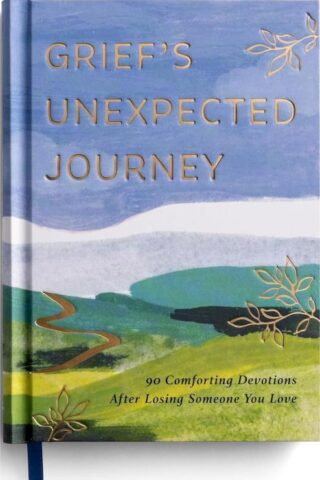 Griefs Unexpected Journey
Griefs Unexpected Journey
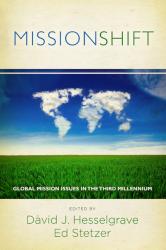 MissionShift
MissionShift
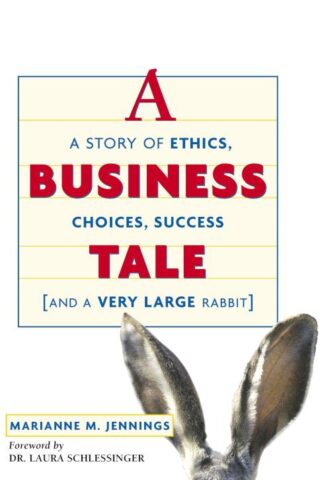 Business Tale : A Story Of Ethics, Choices, Success And A Very Large Rabbit
Business Tale : A Story Of Ethics, Choices, Success And A Very Large Rabbit
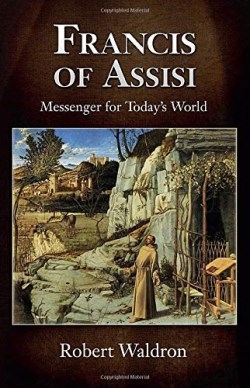 Francis Of Assisi
Francis Of Assisi
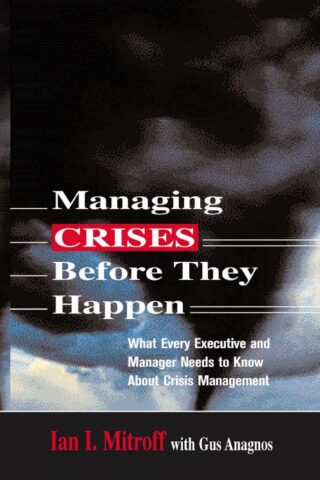 Managing Crises Before They Happen
Managing Crises Before They Happen
 Faith Door Hanger
Faith Door Hanger
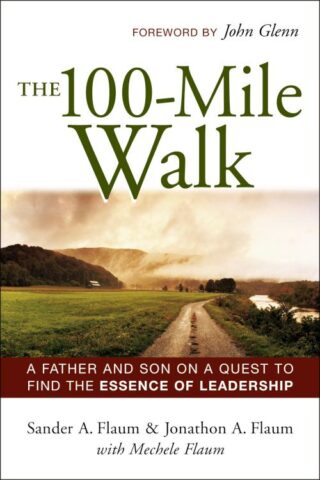 100 Mile Walk
100 Mile Walk
 More Bricks Less Straw
More Bricks Less Straw
 African Creeks Ive Been Up
African Creeks Ive Been Up
 Meal That Reconnects
Meal That Reconnects
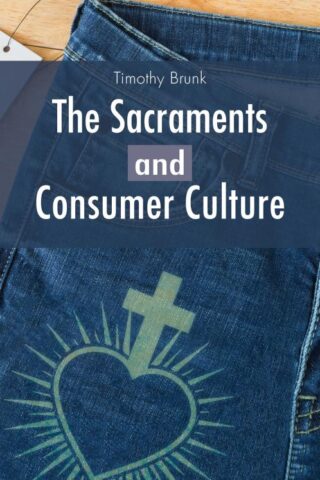 Sacraments And Consumer Culture
Sacraments And Consumer Culture
 Gods Promises For Graduates Class Of 2025 Navy NKJV
Gods Promises For Graduates Class Of 2025 Navy NKJV
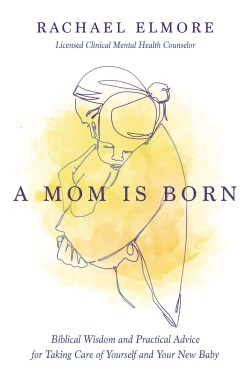 Mom Is Born
Mom Is Born
 Cherished Girl Floral Cross (3XL T-Shirt)
Cherished Girl Floral Cross (3XL T-Shirt)

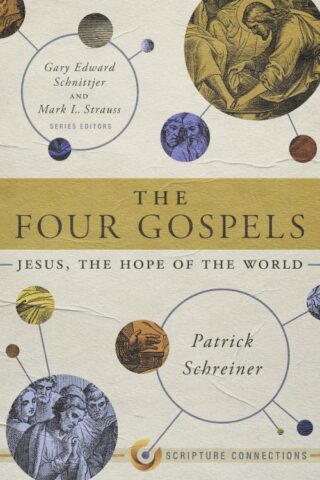

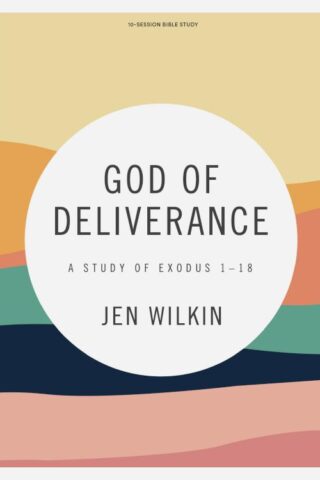
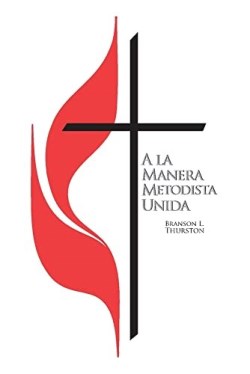
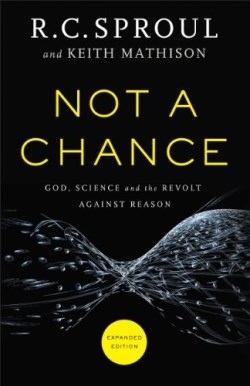
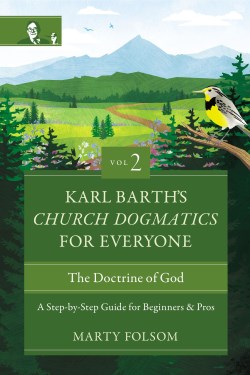
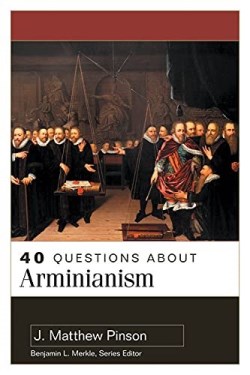
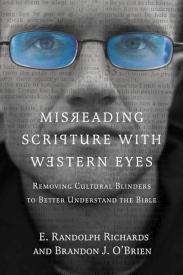
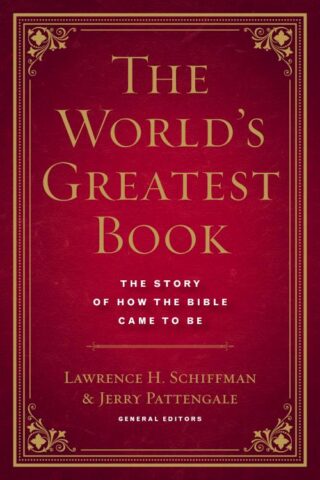



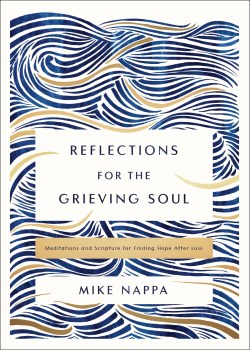
Reviews
There are no reviews yet.